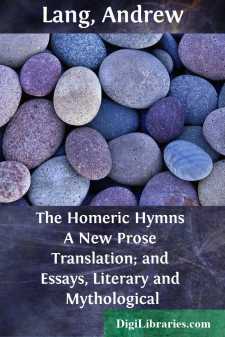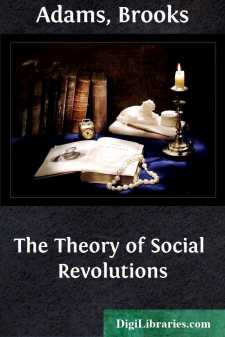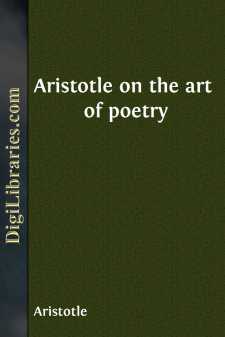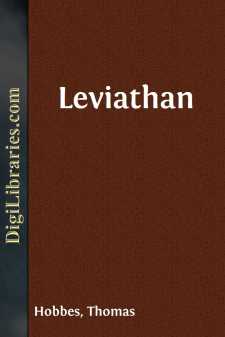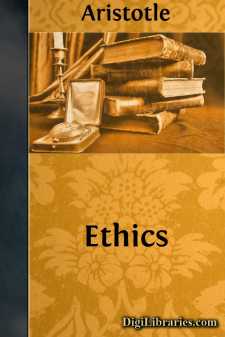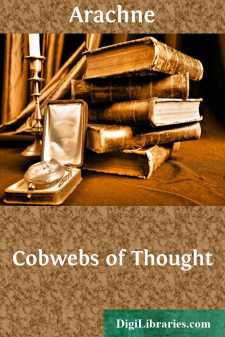Categories
- Antiques & Collectibles 13
- Architecture 36
- Art 48
- Bibles 22
- Biography & Autobiography 813
- Body, Mind & Spirit 142
- Business & Economics 28
- Children's Books 17
- Children's Fiction 14
- Computers 4
- Cooking 94
- Crafts & Hobbies 4
- Drama 346
- Education 46
- Family & Relationships 57
- Fiction 11829
- Games 19
- Gardening 17
- Health & Fitness 34
- History 1377
- House & Home 1
- Humor 147
- Juvenile Fiction 1873
- Juvenile Nonfiction 202
- Language Arts & Disciplines 88
- Law 16
- Literary Collections 686
- Literary Criticism 179
- Mathematics 13
- Medical 41
- Music 40
- Nature 179
- Non-Classifiable 1768
- Performing Arts 7
- Periodicals 1453
- Philosophy 64
- Photography 2
- Poetry 896
- Political Science 203
- Psychology 42
- Reference 154
- Religion 513
- Science 126
- Self-Help 84
- Social Science 81
- Sports & Recreation 34
- Study Aids 3
- Technology & Engineering 59
- Transportation 23
- Travel 463
- True Crime 29
The Homeric Hymns A New Prose Translation; and Essays, Literary and Mythological
by: Andrew Lang
Categories:
Description:
Excerpt
ESSAYS INTRODUCTORY
THE SO-CALLED HOMERIC HYMNS
“The existing collection of the Hymns is of unknown editorship, unknown date, and unknown purpose,” says Baumeister. Why any man should have collected the little preludes of five or six lines in length, and of purely conventional character, while he did not copy out the longer poems to which they probably served as preludes, is a mystery. The celebrated Wolf, who opened the path which leads modern Homerologists to such an extraordinary number of divergent theories, thought rightly that the great Alexandrian critics before the Christian Era, did not recognise the Hymns as “Homeric.” They did not employ the Hymns as illustrations of Homeric problems; though it is certain that they knew the Hymns, for one collection did exist in the third century B.C. Diodorus and Pausanias, later, also cite “the poet in the Hymns,” “Homer in the Hymns”; and the pseudo-Herodotus ascribes the Hymns to Homer in his Life of that author. Thucydides, in the Periclean age, regards Homer as the blind Chian minstrel who composed the Hymn to the Delian Apollo: a good proof of the relative antiquity of that piece, but not evidence, of course, that our whole collection was then regarded as Homeric. Baumeister agrees with Wolf that the brief Hymns were recited by rhapsodists as preludes to the recitation of Homeric or other cantos. Thus, in Hymn xxxi. 18, the poet says that he is going on to chant “the renowns of men half divine.” Other preludes end with a prayer to the God for luck in the competition of reciters.
This, then, is the plausible explanation of most of the brief Hymns—they were preludes to epic recitations—but the question as to the long narrative Hymns with which the collection opens is different. These were themselves rhapsodies recited at Delphi, at Delos, perhaps in Cyprus (the long Hymn to Aphrodite), in Athens (as the Hymn to Pan, who was friendly in the Persian invasion), and so forth. That the Pisistratidæ organised Homeric recitations at Athens is certain enough, and Baumeister suspects, in xiv., xxiii., xxx., xxxi., xxxii., the hand of Onomacritus, the forger of Oracles, that strange accomplice of the Pisistratidæ. The Hymn to Aphrodite is just such a lay as the Phæacian minstrel sang at the feast of Alcinous, in the hearing of Odysseus. Finally Baumeister supposes our collection not to have been made by learned editors, like Aristarchus and Zenodotus, but committed confusedly from memory to papyrus by some amateur. The conventional attribution of the Hymns to Homer, in spite of linguistic objections, and of many allusions to things unknown or unfamiliar in the Epics, is merely the result of the tendency to set down “masterless” compositions to a well-known name. Anything of epic characteristics was allotted to the master of Epic. In the same way an unfathered joke of Lockhart’s was attributed to Sydney Smith, and the process is constantly illustrated in daily conversation. The word υμνος, hymn, had not originally a religious sense: it merely meant a lay. Nobody calls the Theocritean idylls on Heracles and the Dioscuri “hymns,” but they are quite as much “hymns” (in our sense) as the “hymn” on Aphrodite, or on Hermes....


